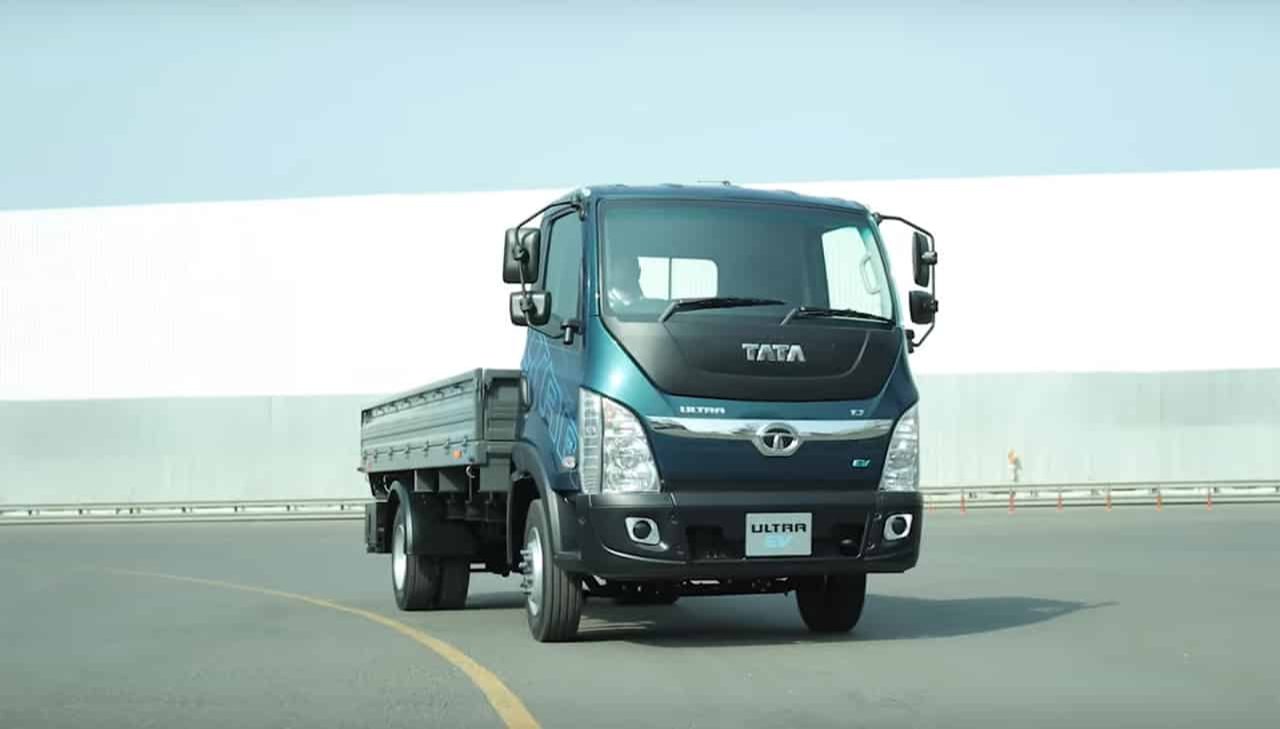Electric trucks are rapidly gaining popularity in India due to their lower running costs, zero emissions, and government incentives. However, to legally drive your EV truck on Indian roads, RTO (Regional Transport Office) registration is mandatory.
In this in-depth guide, we will walk you through the step-by-step RTO registration process for EV trucks in India, explain the required documents, charges, timelines, and share important government links to make the process easy for small businesses and transport operators.
🚛 Why RTO Registration is Mandatory for EV Trucks
As per the Motor Vehicles Act, 1988, all vehicles — including electric vehicles — must be registered with the RTO before they are driven on public roads. Without a valid registration certificate (RC), your EV truck:
-
Cannot be legally used on the road
-
Won’t be eligible for insurance claims
-
Cannot receive FAME II subsidies or tax benefits
-
May attract penalties and fines
✅ Step-by-Step EV Truck RTO Registration Process in India
Step 1: Purchase the EV Truck from an Authorized Dealer
Ensure that the EV truck is:
-
Approved by the Ministry of Road Transport and Highways (MoRTH)
-
Listed under the FAME India Scheme Phase II for subsidy eligibility
👉 Check Approved EV Models
The dealer will usually provide:
-
Temporary registration (valid for 30 days)
-
Sales invoice
-
Form 21 (Sale certificate)
-
Form 22 (Road-worthiness certificate)
Step 2: Prepare Required Documents for Registration
Here’s a checklist of documents required for EV truck RTO registration:
| Document | Issued By |
|---|---|
| Form 20 (Application for registration) | Vehicle owner |
| Form 21 (Sale Certificate) | EV truck dealer |
| Form 22 (Road-worthiness) | Manufacturer |
| Insurance certificate | Authorized insurer |
| Address proof (Aadhaar/Utility bill/etc) | Owner |
| PAN Card | Owner |
| Temporary Registration Certificate | Dealer |
| Invoice from Dealer | Dealer |
| Valid Pollution Certificate (if required) | Manufacturer (BS-VI compliant) |
| Passport size photographs | Owner |
Pro Tip: Some states may require additional documents like NOC (No Objection Certificate) for inter-state purchase. Always check with your local RTO.
Step 3: Submit Application to the RTO
There are two methods to register:
a. Online Method (Preferred)
Visit the Ministry of Road Transport & Highways Parivahan portal:
🔗 https://parivahan.gov.in/parivahan/
-
Go to “Vehicle Registration” section
-
Select your state and RTO
-
Fill in the application form (Form 20)
-
Upload scanned documents
-
Pay applicable fees online
-
Schedule a physical inspection slot
b. Offline Method
-
Visit the local RTO office
-
Collect and fill physical forms (Form 20, Form 21, Form 22, etc.)
-
Submit required documents and fees
-
Book vehicle inspection
Step 4: Vehicle Inspection by RTO Officer
The RTO official will:
-
Verify the chassis number and engine number
-
Confirm compliance with safety and emission norms
-
Match vehicle details with submitted documents
If everything is in order, the application is approved.
Step 5: Pay Registration Charges
The registration charges for EV trucks vary based on the state and truck type (commercial or personal use). However, as per MoRTH guidelines (2021):
Electric vehicles are exempted from registration fees in many states like Delhi, Maharashtra, Gujarat, Telangana, and Tamil Nadu.
Check your state EV policy for exemptions:
👉 State-wise EV Policies
Step 6: Get Permanent Registration Certificate (RC)
Once approved, the RTO will issue:
-
Permanent RC (in smart card format or online)
-
High Security Registration Plate (HSRP)
-
Vehicle Number
Usually, it takes 7–15 working days to receive the RC.
🔌 Additional Points for Commercial EV Trucks
If you are registering your EV truck for commercial use:
-
You will also need a Permit (Goods Carrier Permit)
-
Submit Form TCA (Transport Carrier Authorization)
-
Pay Road Tax (varies by state, often waived for EVs)
-
Some states require Fitness Certificate immediately after registration
🧾 Typical Cost Breakdown for EV Truck Registration (Estimate)
| Component | Cost (INR) |
|---|---|
| Registration Fee | 0 (For EVs in many states) |
| Smart Card RC Fee | ₹200–₹500 |
| HSRP Plate | ₹400–₹600 |
| Road Tax (if applicable) | ₹2,000–₹20,000 (varies) |
| Permit for Commercial Truck | ₹5,000–₹15,000 |
Note: Always confirm charges on the Parivahan site or at your local RTO.
📋 Summary: Quick Checklist
✅ Buy EV truck from authorized dealer
✅ Collect required documents
✅ Submit application (online/offline)
✅ Complete vehicle inspection
✅ Pay applicable charges
✅ Receive RC, number plate, and permit
📞 Need Help with EV Truck Registration?
Many EV dealerships and logistics consultants offer end-to-end registration support. You can also hire RTO agents for smoother processing, especially for bulk fleet registration.
🚀 Final Thoughts
Registering your EV truck is the first step to putting it to work legally on Indian roads. With many states offering registration fee exemptions, zero road tax, and online facilities, the process is faster and cheaper than ever before.
Make sure to visit the Parivahan Portal and your State EV Policy page for the latest rules and benefits.
Tags: #EVTruckIndia #EVRegistration #EVTrucks #ElectricVehicleRegistration #Parivahan #CommercialEV #EVPermit






